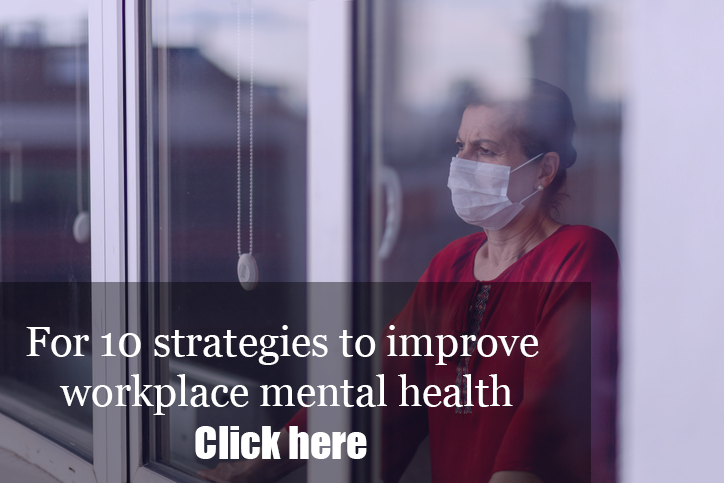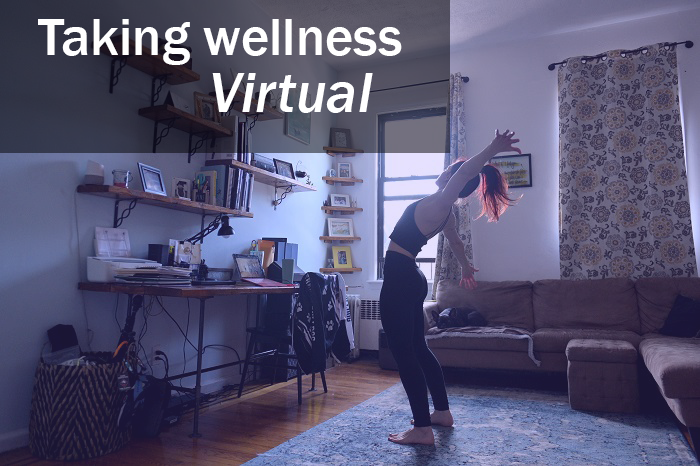Thomson Reuters is instituting a mental health day as an annual company holiday, the media firm said.
All associates who are eligible for company holidays will be given a mental health day off on Oct. 9. The day will become a permanent company holiday, extending beyond 2020 and taking place on or around World Mental Health Day–which is Oct. 10–each year, the firm’s CEO Steve Hasker wrote in an email to Thomson Reuters employees that was shared with HRE.
The day is one way the firm intends to “place increased long-term focus on mental health and the overall health of our people,” he said. The company also recently added Headspace, the daily meditation and mindfulness app, as a benefit for its employees. In addition to free access, the employer is offering a training seminar for employees this week.
“This year has tested all of us in innumerable ways,” Hasker said. “If there’s one thing 2020 has taught us, it’s the value of having the mind-space to deal with the unexpected. It’s important for individuals and it’s important for businesses.”
Related: Depression risk is soaring for workers. How can HR help?
 Scores of research have pointed to the dramatic effect the pandemic is having on mental health. Research from FlexJobs, fielded in partnership with Mental Health America, for instance, finds that 75% of employees say they’re experiencing burnout at work. And research from Total Brain found that the risk for depression among U.S. workers has risen a whopping 102% as a result of the coronavirus pandemic–and 305% for workers aged 20-39.
Scores of research have pointed to the dramatic effect the pandemic is having on mental health. Research from FlexJobs, fielded in partnership with Mental Health America, for instance, finds that 75% of employees say they’re experiencing burnout at work. And research from Total Brain found that the risk for depression among U.S. workers has risen a whopping 102% as a result of the coronavirus pandemic–and 305% for workers aged 20-39.
Those dire statistics have pushed mental health to the forefront at organizations and served as a rallying cry for many employers, with many adding programs and benefits to help.
Similar to Thomson Reuter’s announcement, Cisco gave employees a collective mental health day in May in light of the coronavirus pandemic, and Google extended the Labor Day weekend earlier this month as a way to improve employees’ collective wellbeing. Meanwhile, some 53% of 256 employers surveyed by the National Alliance of Healthcare Purchaser Coalitions reported providing special emotional and mental health programs for their workforce because of the pandemic.
Related: Why employers should act now on mental health
Still, with significant declines in employee mental health, experts warn there is more work to be done.
Mental health issues will “far exceed the duration and impact of COVID itself,” Garen Staglin, chairman of One Mind at Work, said last week during a webinar. “There’s no vaccine for anxiety. There’s no vaccine for depression.” In addition to COVID-19 and its associated effects, a weak job market, racial tensions and the upcoming election are adding to employees’ anxieties. “All of this is impacting our lives,” he said.





